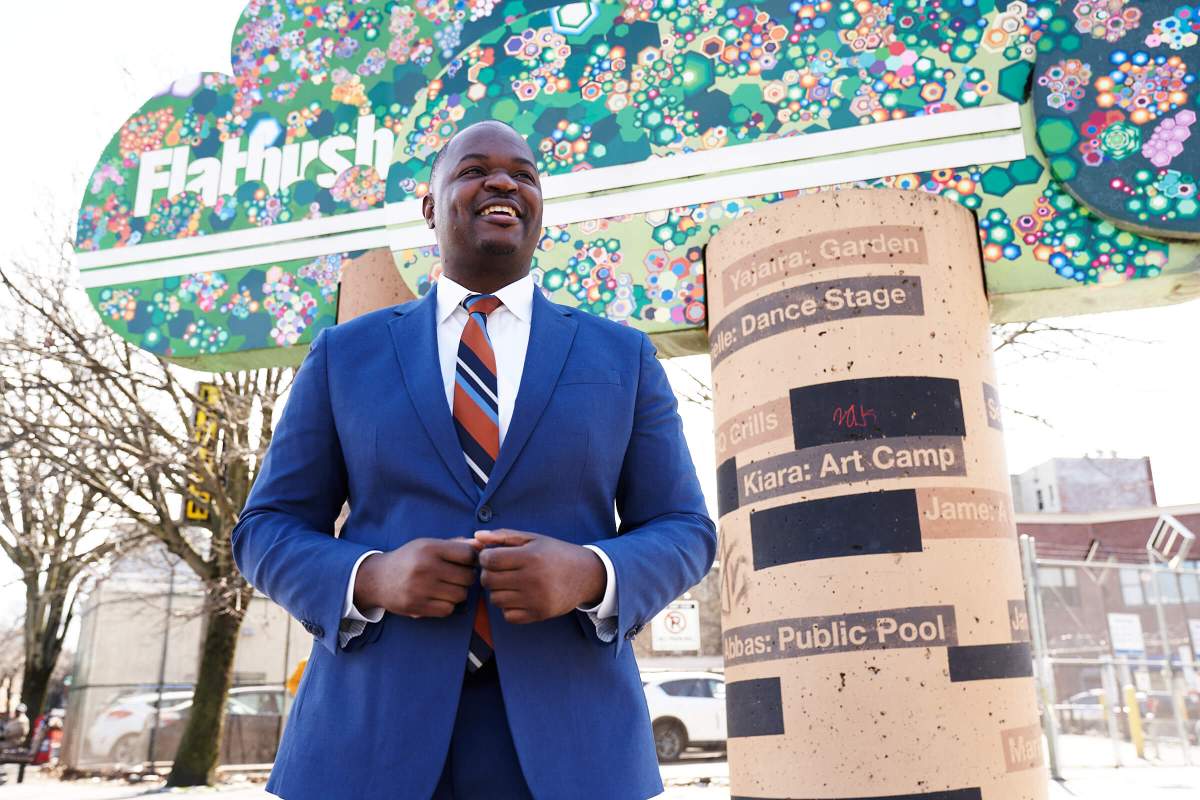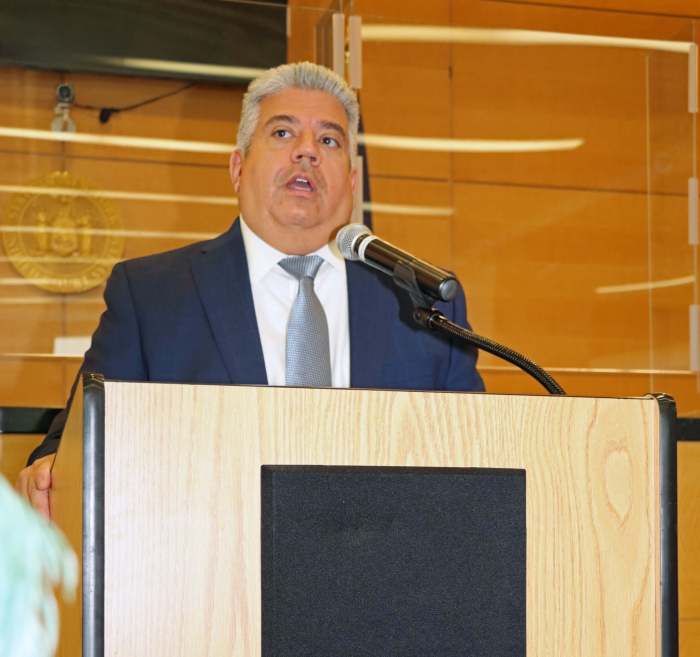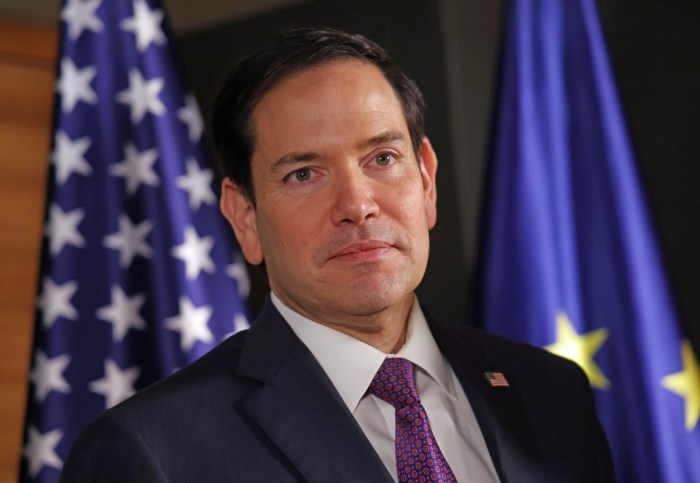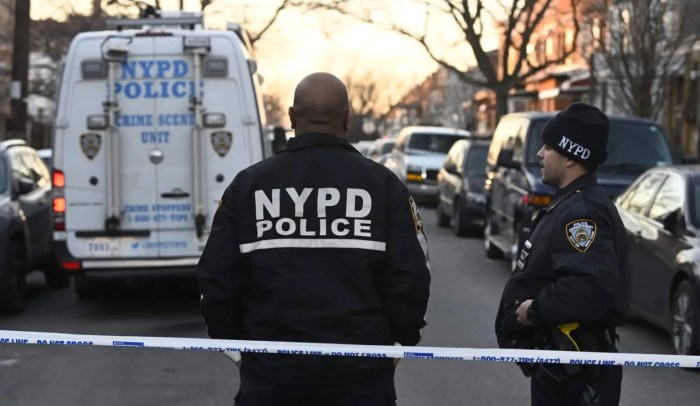Throughout the COVID-19 crisis, Brooklyn’s local community members, businesses, and neighborhoods made heroic efforts to achieve public health, economic, and psychological recovery.
Beyond the devastating loss of life, New York City lost more than 560,000 jobs since the pandemic began, and thousands of businesses have been shuttered. This economic pain has been especially acute in Brooklyn, where over half of all businesses are immigrant-owned and nearly a third are minority-owned — including more Black-owned businesses than anywhere else in the city.
These businesses are the backbone of Brooklyn’s communities, offering economic opportunities for their owners and locally-based employees, as well as sustaining the vibrant commercial corridors that make Brooklyn such a wonderful place to live.
Ensuring that Brooklyn’s small businesses survive and thrive beyond this pandemic means offering sustainable support to Brooklyn’s locally-owned stores and retail corridors like Nostrand Avenue and Cortelyou Road — and Business Improvement Districts are one way to do it.
Business Improvement Districts (“BIDs” for short), are nonprofits that provide commercial corridors with services like sweeping sidewalks, power washing, graffiti removal, extra trash collection, and snow removal, all tasks that would otherwise be the sole responsibility of retailers and property owners. Additionally, they offer marketing services to businesses, organize community events, and advocate on behalf of their neighborhoods. BIDs are primarily funded by voluntarily-established small taxes on district properties, and they are governed by local property owners, commercial tenants, residents, and elected officials.
The city’s 76 existing BIDs — which collectively support 93,000 businesses across all five boroughs — have been crucial partners in carrying out the City’s Open Streets and Open Restaurants programs, in adapting existing open spaces to make them safe, and in advocating for policies that will help struggling small businesses survive.
We have seen the successes of BIDs here. The 40th Council District has two: the Church Avenue BID and the Flatbush Ave BID, which are run jointly by Lauren Elvers Collins and have been instrumental in making sure local businesses have access to COVID-19 loan and grant programs. Unfortunately, they only cover a limited section of the district’s main commercial corridors.
We must do more –that’s why, as Councilmember, I will work with local businesses and communities to organize BIDs in four key commercial corridors:
- Flatbush Avenue from Empire Boulevard to Church Avenue
- Nostrand Avenue from Empire Boulevard to Linden Boulevard
- Church Avenue from Rogers Avenue to Brooklyn Avenue (Which would also include Nostrand Avenue from Linden Boulevard to Snyder Avenue)
- Cortelyou, Coney Island, and Newkirk – including Cortelyou Road: East 18th to Coney Island Avenue; Coney Island Avenue: Beverly Road to Avenue H; Newkirk Avenue: Coney Island Avenue to East 16th
These commercial streets are well-positioned to benefit from BIDs: they are dense, diverse, and have a long history of local partnerships and collaborations.
Traditionally financed through local taxes, in this uniquely challenging economic crisis I believe the city should create a subsidy for BIDs in working class communities, giving out small annual grants for up to five years. After the five-year period, the BID will need to secure their own operating funds, but the initial seed money would get them started and help them become successful.
We need to be sure BIDs are deployed equitably and intelligently. In addition to the existing oversight role performed by the Department of Small Business Services, the city should consider scoring BIDs on their M/WBE contracting and spending practices, and publishing data on BID board and staff demographics to ensure BIDs are playing their part in fighting racial inequities. The city should also explore strategies to reduce the gap in resources and funding that exists between large Manhattan BIDs and their smaller, outer-borough counterparts. Finally, the city needs to ensure that residents and other community stakeholders — beyond business and property owners — have a say in the way the BID serves their community.
BIDs represent an opportunity to get our commercial districts and our communities back on their feet, even in an era of shrinking city and state budgets. We owe it to ourselves to make the most of this opportunity.


















